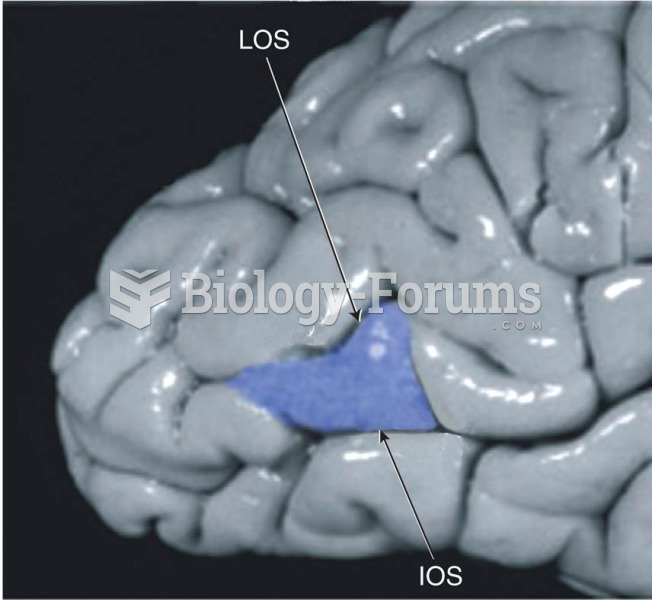|
|
|
One way to reduce acid reflux is to lose two or three pounds. Most people lose weight in the belly area first when they increase exercise, meaning that heartburn can be reduced quickly by this method.
The heart is located in the center of the chest, with part of it tipped slightly so that it taps against the left side of the chest.
The ratio of hydrogen atoms to oxygen in water (H2O) is 2:1.
People with high total cholesterol have about two times the risk for heart disease as people with ideal levels.
The use of salicylates dates back 2,500 years to Hippocrates’s recommendation of willow bark (from which a salicylate is derived) as an aid to the pains of childbirth. However, overdosage of salicylates can harm body fluids, electrolytes, the CNS, the GI tract, the ears, the lungs, the blood, the liver, and the kidneys and cause coma or death.







